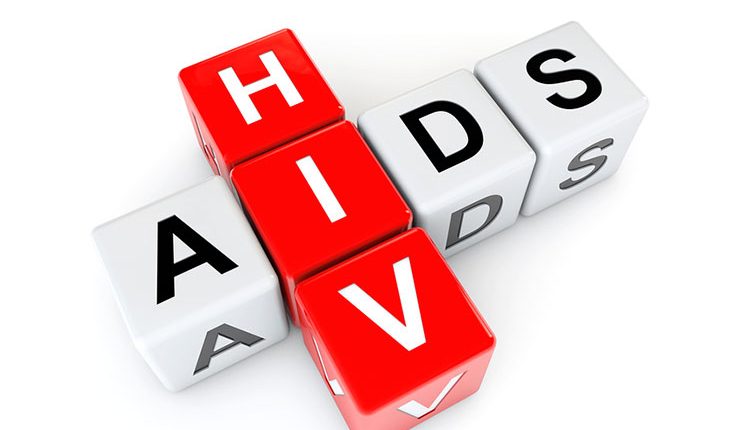The Kano State Commissioner for Health, Dr. Labaran Yusuf has said 4, 274 HIV/AIDS positive patients have been identified in the state in the last one year.
Yusuf added that the new patients have been placed on anti-retroviral treatment, raising the current number of patients on ARV drugs in the state to 32, 684.
Speaking at a press conference to commemorate the 2024 World AIDS Day, the commissioner said that the new HIV/AIDS positive patients were discovered during the free HIV/AIDS testing for 326, 831 people in 592 primary healthcare centres, 43 public secondary facilities and some selected private health facilities across the state.
The commissioner said that in an effort to reduce the spread of the virus, the state has enacted the pre-marital screening law which makes it compulsory for couples to be screened for HIV/AIDS, sickle cell and genotype, among others before marriage.
Read Also: Unveiling the truth behind Port Harcourt Old Refinery operations
He added that three percent of the state’s total health budget for the year was allocated to the state HIV/AIDS agency, just as he reiterated the state government’s commitment to ensuring access to quality healthcare services including HIV/AIDS prevention, treatment and care without discrimination.
Yusuf stated that the health ministry will continue to strengthen supply systems, improve access to HIV/AIDS testing and treatment, promote awareness and end mother-to-child transmission.
“In line with this year`s World AIDS Day objectives one and four, we have enrolled over 600 orphan and vulnerable children and 2, 200 People Living with HIV (PLHIV) under our state’s contributory healthcare scheme to ensure they have access to healthcare services without out-of-pocket expenses. Another set of 2, 500 persons are being processed for enrollment.
“As we commemorate the World AIDS Day 2024, we renew our commitment to tackle this scourge and call on everyone to join us in this fight. We must continue to advocate for those affected, fight against stigma and discrimination, and ensure universal access to prevention, treatment, care and support,” the commissioner added.






